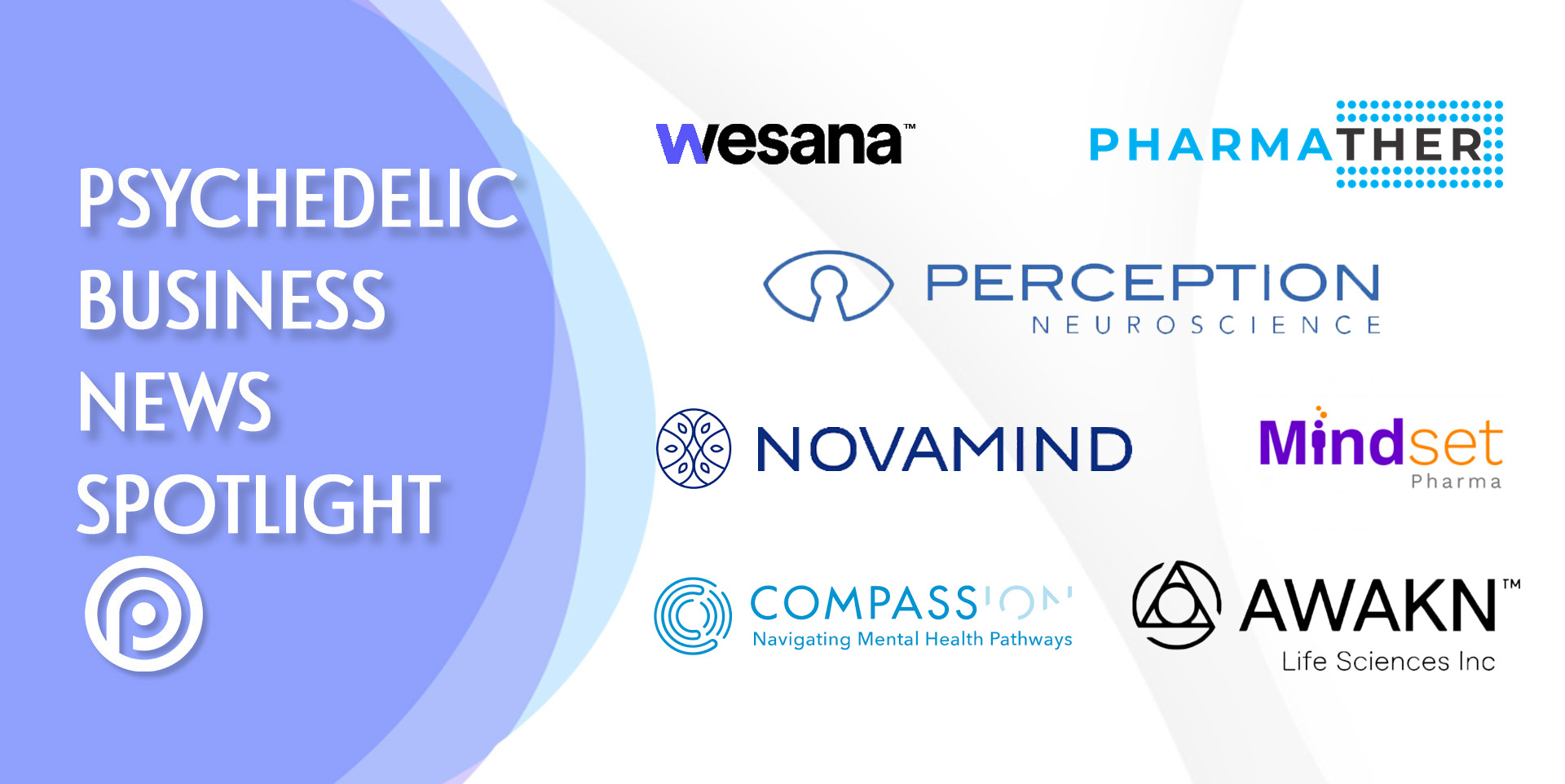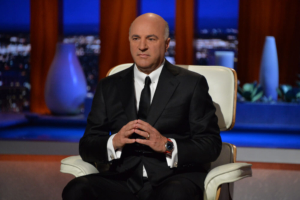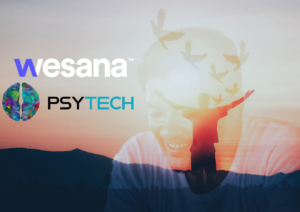
Research
In psychedelic business research news this week, data-driven life sciences company Wesana Health has committed an initial $1.5 million to investigate if the Multidisciplinary Association for Psychedelic Studies’ (MAPS) MDMA-assisted therapy can be used to treat traumatic brain injury (TBI). To date, MAPS’ MDMA-assisted therapy research has focused on its use to treat post-traumatic stress disorder (PTSD). A recent Phase 3 trial demonstrated that the treatment resulted in a reduction of PTSD symptoms for the majority of participants.
The funding will be used to support drafting and finalizing a partnership agreement, business development and staff costs in evaluating the viability of the treatment, and other research-related expenses. “The millions of people afflicted with PTSD may soon have access to MDMA therapy, and we believe the millions suffering from TBI may experience similar relief in the future,” said Wesana Health CEO Daniel Carcillo.
An Atai Life Sciences company, Perception Neuroscience, is conducting a Phase 2a clinical study to evaluate the safety and efficacy of PCN-101 (R-ketamine), a stereoisomer of ketamine. Stereoisomers are isomers that have the same parts but differ in the orientation of those parts in space. PCN-101 is a single isomer of ketamine, and it has the potential for rapid-acting antidepressant activity and anti-suicidal effects.
The trial is a double-blind, placebo-controlled study, and each of three parallel arms will enroll 31 patients at multiple locations. Patients will either receive a placebo, a 30mg dose, or a 60mg dose of R-ketamine intravenously. A summary of the trial’s results is expected at the end of 2022.
Psychedelic medicine company Novamind will be serving as the site for a clinical trial sponsored by Karuna Therapeutics that will evaluate KarXT for the treatment of schizophrenia. KarXT is a muscarinic agonist which selectively activates muscarinic acetylcholine receptors in the brain to release xanomeline, which Karuna Therapeutics said has demonstrated significant therapeutic benefits for schizophrenia and Alzheimer’s in Phase 2 studies.
Psychedelic biotechnology company PharmaTher has provided an update on its research pipeline, including the announcement that it has selected 10 clinical sites in the United States for its Food and Drug Administration (FDA) Phase 2 clinical study on ketamine for Parkinson’s Disease. The company has also finalized the protocol for its Phase 2 clinical study on ketamine for Amyotrophic Lateral Sclerosis (ALS), also known as Lou Gehrig’s Disease, with the hope patient enrollment for this trial can begin in Q1 of 2022.
Drug Development
According to a drug discrimination assessment, drug discovery and development company Mindset Pharma announced that its lead drug candidate, MSP-1014, is likely to be a strong psychedelic with the potential to more safely treat people with treatment-resistant depression. MSP-1014 is a therapeutic analog of psilocybin. “We may be closer to an optimized, reliable, safer psychedelic medication,” said Mindset Pharma CEO James Lanthier.
Psychedelic medicine company MindBio Therapeutics revealed this week that it would be opening a world-class research and drug development facility that will be available to potential clients in the United States and Canada. Through an exclusive agreement with the University of Auckland, New Zealand, MindBio Therapeutics will be able to provide companies access to the infrastructure they need to bring psychedelic medicines to market, including research and development, ethical clinical expertise, clinical trial design, regulatory approvals, and formulation expertise.
Patents
Nova Mentis revealed that it had filed an application with the FDA seeking orphan drug designation for its propriety psilocybin drug to treat Fragile X Syndrome, which is the most common inherited cause of Autism Spectrum Disorder. This application comes after the company filed for orphan drug designation for the drug with the European Medicines Agency in August.
Acquisitions and Divestitures
Biotechnology company Awakn Life Sciences plans to expand its network of clinics across the Nordics – Norway, Sweden, Denmark, Finland, and Iceland – the United Kingdom and Ireland after acquiring a 100% interest in Axonklinikken AS, a leading ketamine clinic in Oslo. The company says this clinic will serve as a regional hub to support its expansion, with plans to also open two clinics in London and Bristol by the end of the fiscal year.
Mental health care company Compass Pathways has acquired a portfolio of patent applications covering various psychedelic substances. The intellectual property was developed with MiHKAL GmbH founder and CEO Dr. Matthias Grill, who will be working with Compass Pathways to develop the compounds further. The portfolio includes prodrugs which are pharmacologically inactive compounds that are metabolized in the body to produce an active drug.
NeonMind Biosciences has completed the sale of assets related to its consumer division, and it is now focusing on the advancement of its synthetic psilocybin NEO-001 to treat obesity. The $1.1 million (CAD) sale, plus a royalty, includes NeonMind’s eCommerce operations and functional food assets. NeonMind is focusing its efforts on interventional psychiatry with two divisions: a pharmaceutical division focused on psychedelic drug development and a medical services division focused on providing evidence-backed treatments, including psychedelics.





